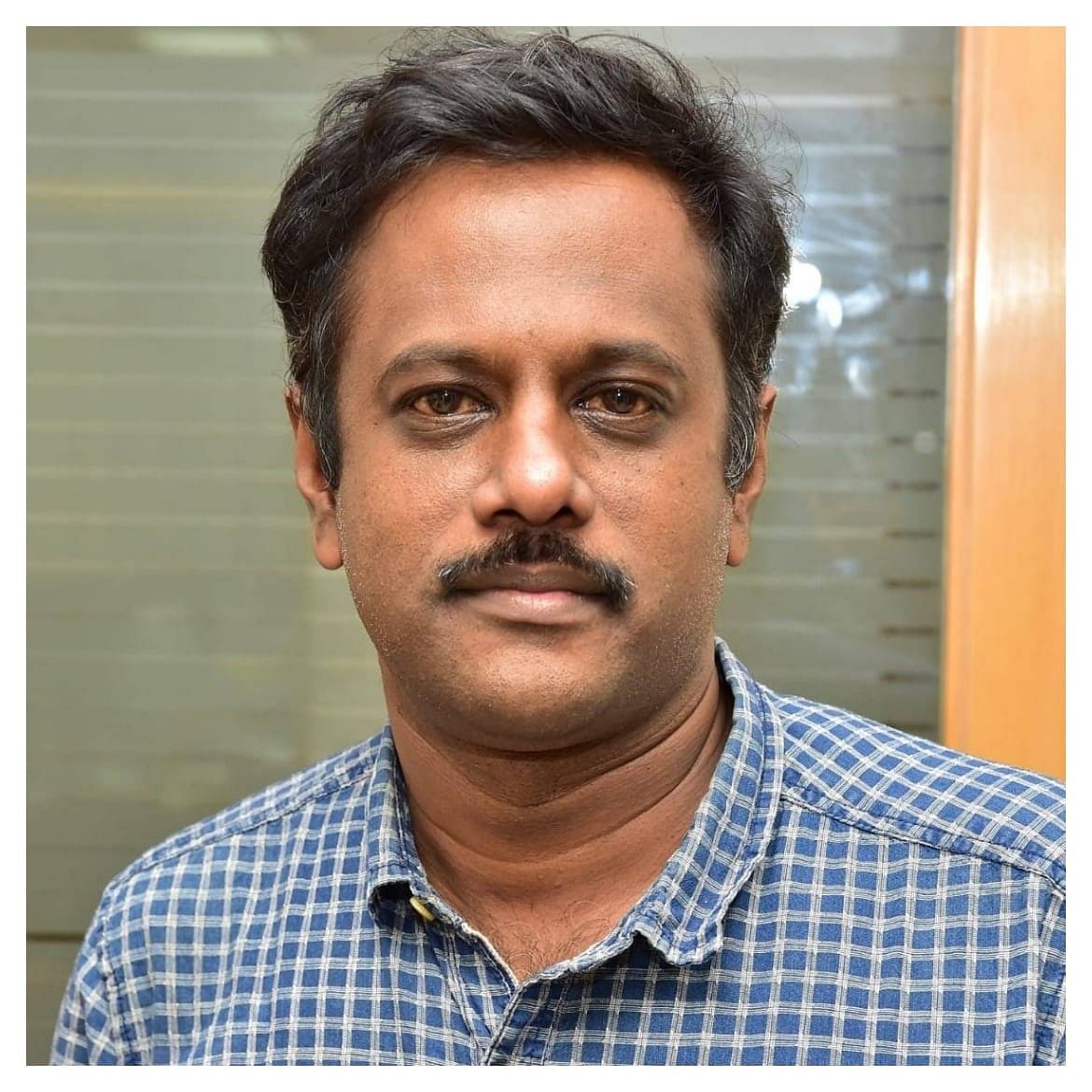A country in a hurry to hang its own people
“What says the law? You will not kill. How does it say it? By killing!” Victor Hugo
A murderous rage swept through Delhi last December as young men and women braved batons and water cannons with a chant, “kill them,” right at the footsteps of Raisina Hills, the seat of power. Every lips read, “death, death, death to rapists”.
Nine months down the line when a judge thundered “hang them till death”, young women in a Delhi newsroom erupted into a thunderous applause. ‘Eye for an eye’ has settled their quest for revenge against four of the six men who brutally raped and murdered a young girl on a moving bus.
The court complex in South Delhi’s Saket where the sentence was pronounced was no different. Youths chased defence lawyers while another group with hooded heads and noose around neck demanding death for the rapists happily posed for photographs.
A fortnight before the sentencing of the four youth – a fifth one committed suicide in jail during trial – the countrymen had exhausted themselves arguing against a three-year sentence to a teenager under Juvenile Justice Act as he was a minor at the time of committing crime. People wanted to see him hung.
The ghastly crime made thousands come out from the cosiness of their homes to the December chill never before. There were demands for public hanging, shooting them dead in public, castration and you name it, any inhuman punishment. Media too fuelled it by thrusting a microphone to anyone who came their way.
Everyone played to the gallery – from politicians to activists to experts. National-level leaders like Sushma Swaraj were shouting for executing the rapists. Be it in TV studios or streets or colleges or offices, December chatter was all about death to rapists. As it marched towards a new year and new hope, India became a country in a hurry to hang people. But then hysteria and mobocracy overtook reasoning and everybody out on the street - be it a rickshaw puller, student, or professional - wanted instant death for rapists.
During the protests, revenge and not punishment was the underlying current. Public was in no mood to discuss the role of socio-economic situation that leads to crimes. Crowds thronged the streets. Not to speak of the day, they occupied the streets even in dark hours and the government was reduced to its knees.
Public pressure set the ball rolling for changes in the system. A fast track court was set up. A committee was formed under former Chief Justice of India J S Verma to recommend far-reaching measures to fight violence against women. Many came up with numerous suggestions and in sync with the public mood, most of them favoured measures ranging from death penalty to castration.
Everybody was revolted by the brutality of the crime against the girl, who dreamt of making it big one day, and no doubt, wanted stringent punishment. But is death penalty the solution?
One of the prominent organisers of the Delhi protests was Kavita Krishnan who has taken a position against death penalty. After the verdict too, she says death penalty is not the panacea for tackling rapists or crime against women. Nevertheless, the protesters from various backgrounds did not have any qualms in propagating the ‘tit-for-tat’ theory.
Arguments against death penalty were met with a heavy dose of emotional outburst like what if it happens to one in your family and like that. Those who opposed death penalty were verbally butchered.
The panel headed by Justice Verma, a conscientious jurist but never part of the candlelight vigil crowd, refused to go with the popular narrative and said there is “considerable” evidence that the deterrent effect of death penalty on serious crimes is “actually a myth”. The panel recommended enhancement of punishment to put the rapist behind the bars for his entire life.
One of the defence lawyers was of the view that he was fine with death for his clients if there is no rape in the city in the next few months. This may be pushing the argument a bit far.
One should not forget that Delhi recorded around 800 rape cases since the December 16 incident despite the unprecedented outcry. Death penalty has not instilled the fear in people and worldwide experience shows that. Why not India think about a stronger deterrent like imprisoning one for his entire life to tackle grievous crimes?
Executions carried out world over in 2012
Africa
Gambia 9
Botswana 2
Sudan at least 19
South Sudan at least 5
Somalia at least 6
Middle East
Palestinian
Territories 9
United Arab Emirates 1
Iran at least 314
Yemen at least 28
Iraq at least 129
Saudi Arabia at least 79
Afghanistan 14
East Asia
China Unknown*
Japan 7
Taiwan 6
Bangladesh 1
North Korea at least 6
India 1
Pakistan 1
Europe
Belarus at least 3
North America
USA 43
Source: Amnesty International * No verifiable number available for China
Related:
